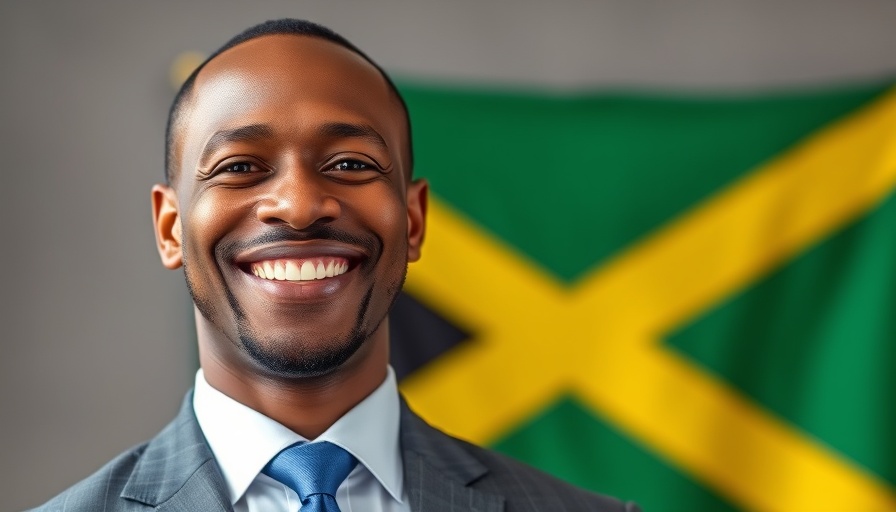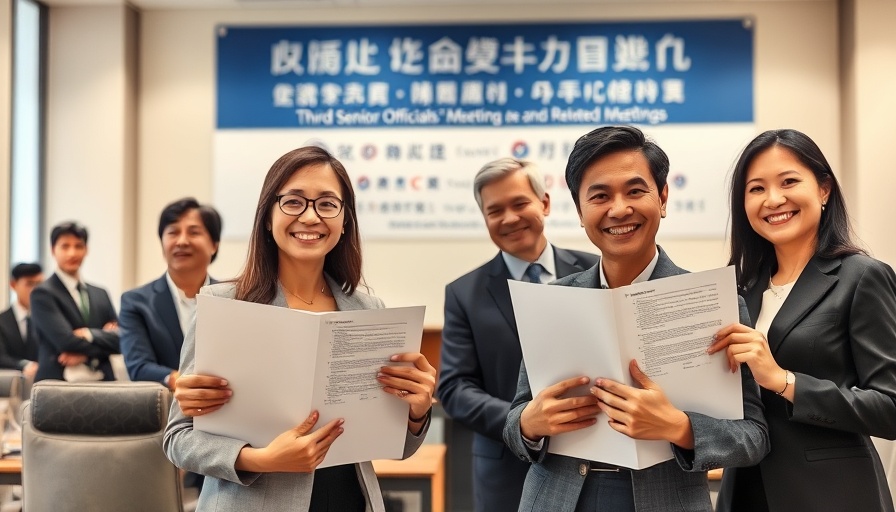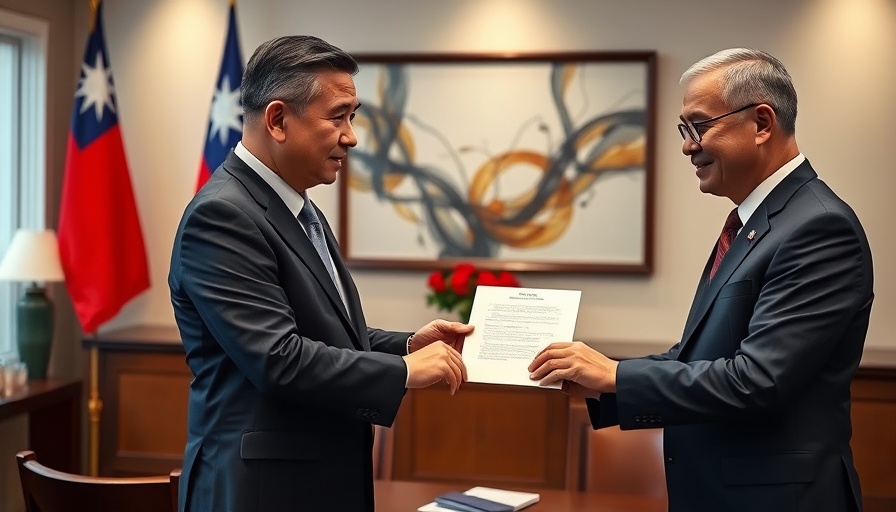
CARICOM's Bold Stand on Reparations: A New Era for Jamaica
In a significant move that could reshape the discourse on reparations across the Caribbean, leaders from CARICOM have formally endorsed Jamaica's initiative to challenge the legacy of slavery through legal channels. Prime Minister Andrew Holness announced this decision following a regional leaders’ meeting in Montego Bay, emphasizing the unity among member states in pursuing a petition that seeks a formal ruling from the UK's Privy Council regarding the legality of slavery.
Unpacking the Reparations Debate
At the heart of this initiative lies a crucial legal question—was the enslavement of Africans a legal act under both common and local laws? Holness articulated a dual strategy: leveraging the King's authority as Jamaica’s Head of State to initiate this legal challenge while engaging in ongoing political negotiations with the UK government. This multifaceted approach aims to demand not only reparations for past atrocities but also to address the lingering effects of slavery that continue to afflict descendants of enslaved Africans today.
A Historical Context for Justice
This movement follows a series of stalled conversations between Caribbean nations and former European slave trading powers. Jamaica's renewed push comes at a time when previous reparative discussions have yielded little progress. By moving to court, Jamaican leaders hope to revive these critical dialogues with added legal weight, potentially bolstering their claims while setting a precedent for similar actions across the region.
Future Implications for the Caribbean
If successful, this legal petition could pave the way for broader reparatory justice not just in Jamaica, but across CARICOM nations, fundamentally altering the conversation around historical accountability. As this initiative unfolds, it positions Jamaica at the forefront of a global movement advocating for recognition and remedy of historical injustices.
Public Sentiment and Support
Minister of Culture, Gender, Entertainment, and Sport, Olivia Grange, highlighted that this legal approach enhances existing political strategies aimed at reparations. By galvanizing public support and solidifying regional unity, the Jamaican cabinet is determined to shift the reparations conversation towards actionable outcomes.
Engagement in such critical discussions not only fosters a sense of community across the Caribbean but also amplifies the need for former colonial nations to address their historical wrongs.
This groundbreaking step may not only resonate within Jamaica but could invigorate a collective Caribbean effort that remembers the past while eagerly anticipating a just future. For all those invested in creating a lasting change, this moment signals a pivotal shift in the reparations narrative.
 Add Row
Add Row  Add
Add 




Write A Comment